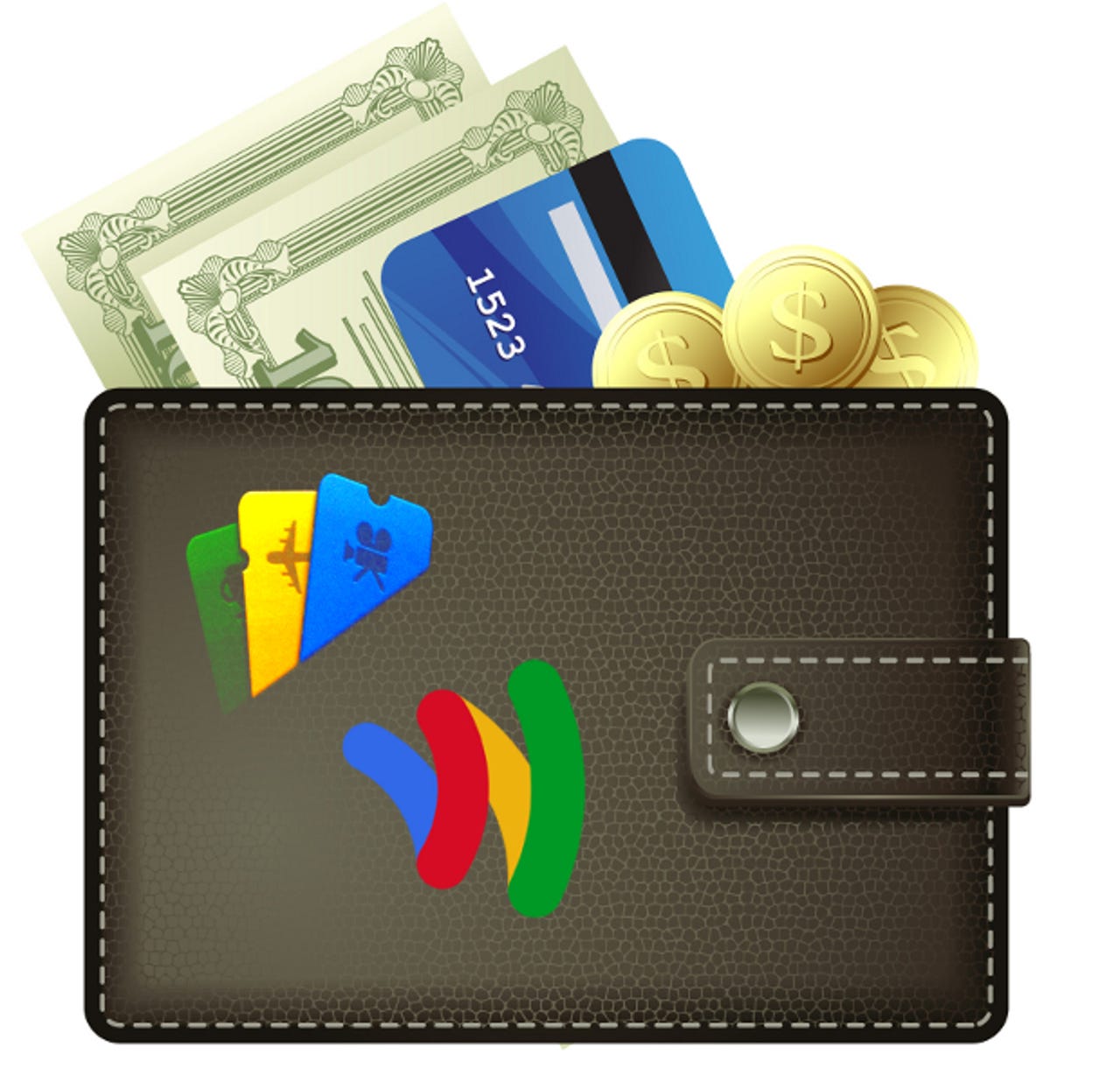Apple's Passbook and Google's Wallet: Will they replace paper and plastic?


For the past several months I've tried to make sense of this whole electronic wallet thing, and people have asked me whether or not this whole concept is going to stick.
I have no freaking clue, really. Google Wallet has been out since the release of Ice Cream Sandwich (ICS) and yet the application has had virtually no impact on using smartphones as a mobile payments platform, this despite the fact that the Galaxy Nexus and a few other phones that have since launched with ICS have been equipped with Near Field Communication (NFC) which the iPhone 5 lacks.
I've had the Verizon Galaxy Nexus since its launch in November of 2011. Unfortunately, the Google Wallet software never really made it onto the Verizon version, and there are only a scant few apps which actually support Google Wallet.
I only recently started looking at Google Wallet on my Nexus 7 tablet, which is pretty much useless as a mobile wallet platform because the device is too large to be used for that purpose and it lacks a mobile data connection, being a Wi-Fi only device, even though it does have NFC and GPS.
I just started using an iPhone 5 this week as my primary smartphone, so I was intrigued by Apple's Passbook feature, which is similar to what Google Wallet does. I haven't been able to take advantage of it yet either, because there are no apps for Passbook which I would find useful yet.
My airline of choice, Delta, already has a very good standalone app calledFly Delta for both iOS and Android which gives important notifications and allows you to have smartphone-based boarding passes. My guess is at some point they will make it Passbook and maybe Google Wallet enabled.
I suppose I could test this at the Starbucks across the street from where I work, just to see how their Passbook app functions, but I hate Starbucks coffee. The stuff just tastes burned and is ridiculously overpriced. I like Au Bon Pain, Panera, McDonalds and Dunkin' Donuts coffee better.
Even the mystery grounds that the guy who stocks our break room pantry buys for our office "Coffee Club" (is it some secret blend of Chock Full O' Nuts and Cafe Bustelo?) that comes out as the magical black juice from our Bunn-o-Matic is far more palatable. But I digress.
Based on the demonstrations I have seen, Passbook also has some of the same functionality as Google Now, which gives you contextual information about what you are doing/buying/travelling based on gelocation services and other related technologies.
However Passbook is not a generic replacement for credit cards like Google Wallet is, because the iPhone 5 doesn't support NFC. But then again, I haven't seen a ton of NFC-enabled businesses either.
Passbook is going to require the buy-in of a lot of vendors for it to gain critical mass. I can see it being used for certain large payment type of things, such as for airline/hotel reservations and boarding passes, and for large companies (Such as Delta Airlines or Starbucks) and major retail players such as Wal-Mart and TARGET who have already developed dedicated iOS apps, can re-purpose code and have existing barcode scanning infrastructure already.
But being able to use your iPhone or your Android device as a virtual Mastercard or American Express at virtually every type of brick and mortar retail establishment? I have no good predictions for this one.
Something tells me that what works necessarily for ecommerce and makes people comfortable pulling out their credit cards in front of their personal computer on a web site or ordering stuff on Amazon will not necessarily work in brick and mortar.
Psychologically it doesn’t feel as secure to me even if the technology behind it is perfectly sound. A real wallet can be stolen just as easily as an unsecured iPhone or Android device, but at least real wallets don’t run out of power at the critical moment you need to make a payment or validate your purchase or board an aircraft.
Is the electronic wallet the future of brick and mortar shopping, or simply a fantasy? Talk Back and Let Me Know.